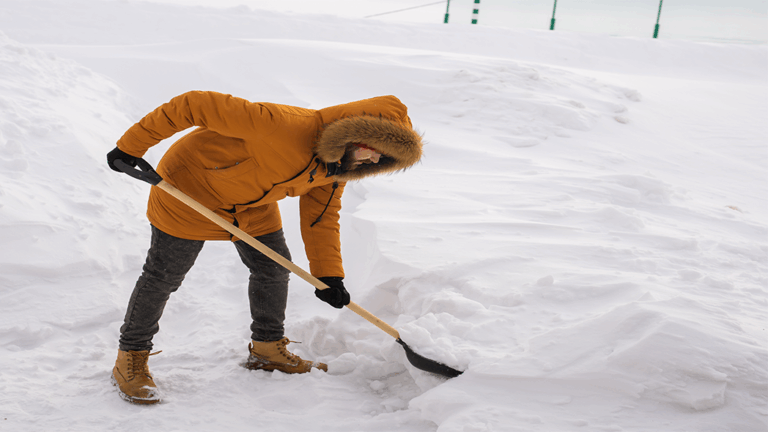Farmers seeking more help for difficult jobs on the land may be key to reducing the numbers of accidents and deaths in the country’s most dangerous workplaces, experts have warned.
The often solitary profession has seen 138 people killed in farm accidents over the past seven years – this makes farming the most lethal job in the country in terms of lives lost.
A new report pinpoints extra help on farms as a major factor in reducing ‘near misses’ and accidents at a time when workplace ‘burnout’ is on the rise following the increase in the country’s herd of dairy cows following the lifting of milk quotas.
“Farm safety is a critical issue,” said Dorothy Watson, one of the author’s behind the latest Economic and Social Research Institute (ESRI) and Health and Safety Authority (HSA) research.
“Future policies should emphasise the importance of getting help with difficult tasks on the farm, as the research indicated that failing to do so is associated with a higher risk of accidents and near misses.”
The Irish Farmers’ Association’s (IFA) Maura Canning said addressing the labour shortage on farms is central to improving farm safety.
“Farmers need two things: extra help to cope with an expanding workload and skilled workers who can handle specialist tasks on farms, particularly those with machinery,” said the IFA’s farm family chairperson, as she highlighted the recent increase in working hours in the dairy sector. “This is of concern from a health and safety and quality of life perspective.”
She said the IFA has suggested the Government issue employment permits to skilled farm workers from non-EEA countries to meet the demand for workers in the dairy sector.
The figures show the rate of fatalities in farming is nearly 10 times the average across all workplaces.
The new research found 27pc of farmers take a risk by failing to get help with difficult jobs, with 26pc admitting failing to use safety gear such as goggles or ear protection another precautions.
Some 12pc of the 800 farmers surveyed reported that they do not use power take-off shafts to avoid becoming entangled in machinery.
It found unmarried farmers were more likely to take risks in not checking machinery before use.
Farmers with larger farms, over 100 hectares, were more likely to take risks by not routinely using safety gear, however they were more likely to have help for difficult jobs.
In both cases, accidents and near misses were more common on larger farms.
Overall 12pc of farmers were personally involved in an accident in the previous 10 years, while 27pc reported a near miss. However, researchers pointed out they selected farmers in counties with a high accident rate.
Martin O’Halloran, chief executive of the HSA, said research helps give an understanding of the “mind-set” of unsafe practices on farms so they can help reduce it.
Source : The Irish Independent













